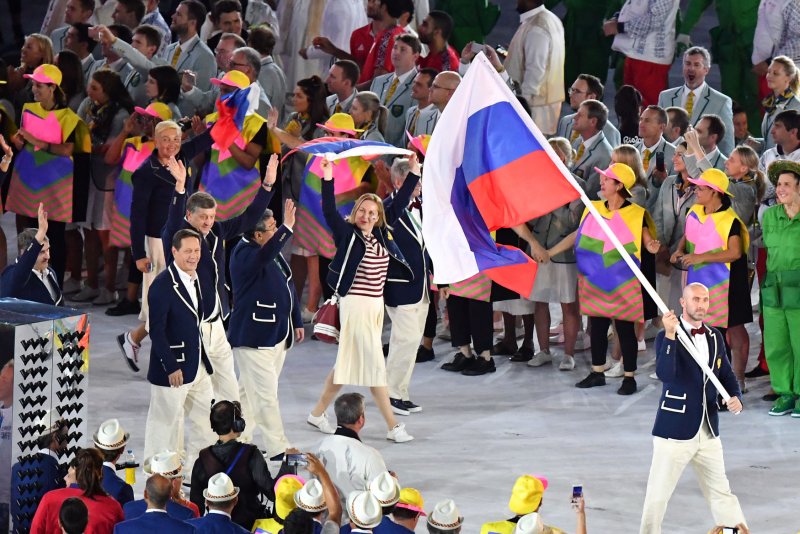- Thread starter
- #21
Russia takin' dey's lumps...
Russia Accepts Doping Ban
November 26, 2015 - The Russian Athletics Federation has accepted a full suspension from athletics competitions, according to the International Association of Athletics Federations (IAAF).
Russia Accepts Doping Ban
November 26, 2015 - The Russian Athletics Federation has accepted a full suspension from athletics competitions, according to the International Association of Athletics Federations (IAAF).
The governing body for world athletics said in a statement on November 26 that it had received "written confirmation" from the All Russian Athletics Federation (ARAF) "accepting their full suspension without requesting a hearing as was their constitutional right."
In a letter to the IAAF, the general secretary of ARAF, Mikhail Butov, said, "We are working very hard now in Russia to change a lot." Earlier this month, WADA suspended the Russian Anti-Doping Agency (RUSADA) and Russia's accredited testing laboratory after an independent commission uncovered widespread doping offenses and systematic failures.
Also, the IAAF has provisionally banned Russia from international competition, potentially keeping Russian athletes out of next year's Summer Olympic Games in Rio.
Russia Accepts Doping Ban



